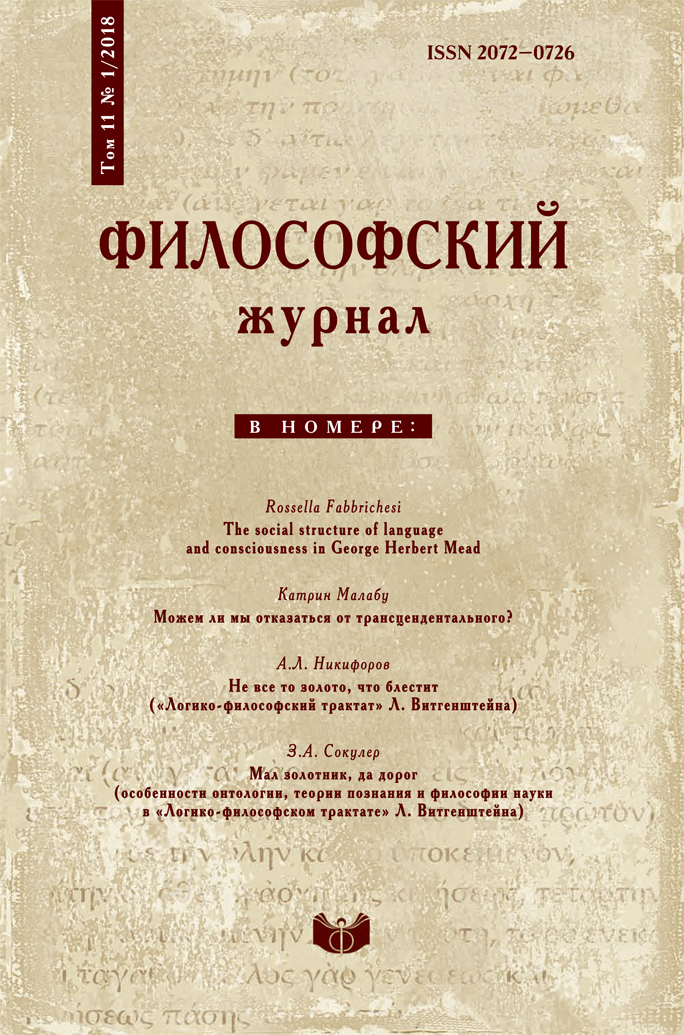Diaries, letters, personal testimony: Lev Shestov and Sergei Bulgakov
DOI:
https://doi.org/10.21146/2072-0726-2018-11-1-125-142Keywords:
religious philosophy, diaries, Sergei Bulgakov, correspondence, sophiology, philosophy of tragedy, Lev Shestov, recollectionsAbstract
The subject of the panel discussion here reported was the role that personal testimonies, correspondence and diaries can have in philosophical studies. In particular, the participants explored the problem of the inner relations between the experiences of a thinker’s personal life and his philosophical activity. Lev Shestov and Sergei Bulgakov, for all the differences they had between them both in style and philosophical content of their writings, still have much in common: they both strongly rely on the biblical tradition, profess certain skepticism as regards reason and its presumed ‘omnipotence’; they draw from the sources of intimate existential experience, and so on. Despite the fact that Shestov almost never speaks in the first person, his philosophy can be qualified as a kind of self-expression and self-analysis, and his writings ultimately appear as an indirect confession. Bulgakov directly transfers much of his diaries into hisphilosophical oeuvre moreover, he often accords a different meaning to one and the same entry. An analysis of such revisions makes it possible to trace down how Bulgakov’s worldview evolved. Shestov and Bulgakov’s letters, Bulgakov’s book Sophia, the Wisdom of God and other unpublished documents were employed in the course of the panel.






